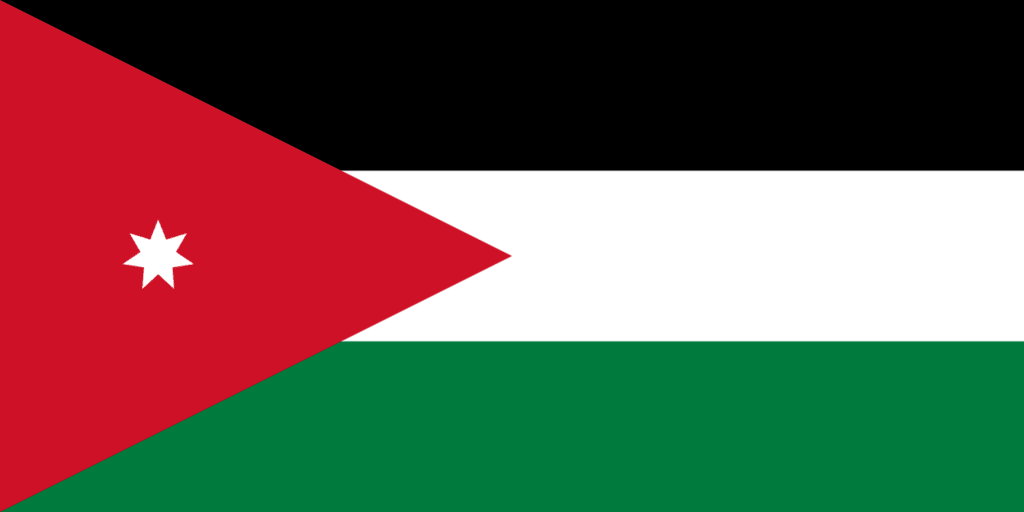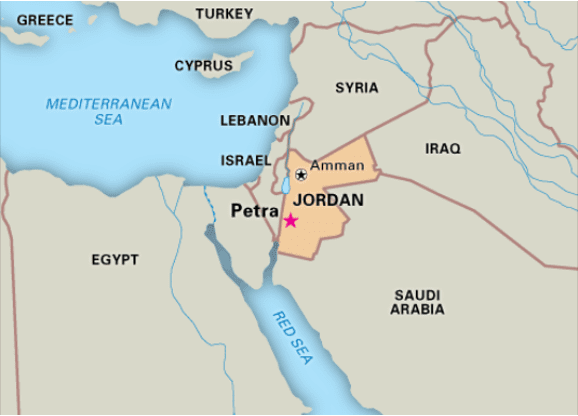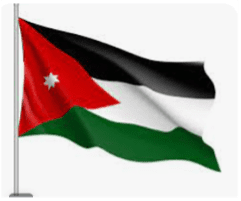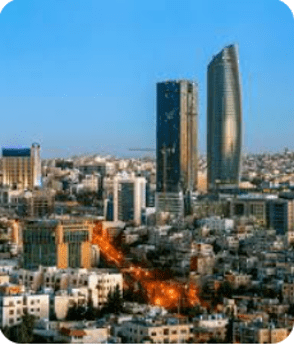PRAYERS FOR Jordan
- Jordan’s once-thriving Christian population dropped since 1980. Lower birth rates, Christians who left Jordan, and a large influx of Muslim refugees all contributed to this change. Still, Christians serve in all parts of society, even in parliament or other positions of influence. Although small, the evangelical community has more than doubled in size since 1995! Most newer believers come from communities with a culturally Christian background, but recently more Muslims came to faith. Pray that all Christians in Jordan, whether in traditional churches, evangelical churches, or believers from a Muslim background, might cooperate to make Christ known throughout society. (Careful: keep in mind that it is better to be separated by truth, than united in error! Ask God to give you wisdom).Pr 2:6; Da 2:21; Jas 1:5
- The unreached comprise the vast majority of Jordan’s population. Upheaval in Iraq and the lethal violence of Islamism open many hearts to examine Jess of the Bible. Pray that every Jordanian may have opportunity to hear the gospel. Pray especially for:
- The Muslim majority. Many have still not heard the clear gospel. Pray for a sensitive witness to Muslims. Several successful methods include literature, media ministry, friendship evangelism, development programmes, home meetings and camps. Prayfor the protection of converts amid persecution. Pray also that the growing number of Muslim-background believers might have the legal right to convert from Islam.
- The millions of ‘Palestinians’, who are a majority in Jordan. Many are the second or third generation after those removed from their traditional homeland. Some integrate into Jordanian life; others suffer from disillusionment, bitterness and frustration which only the Lord of Calvary can heal.
- Iraqi refugees. During and after the two Gulf Wars, around one million Iraqis fled to Jordan. Years later, nearly half of these are unable or unwilling to return home. Christian work among them (Jordan Evangelical Committee for Relief and Development, CMA, WVI, Tearfund) elicits a very good response. Equally, Jordanian churches have effective and widespread ministry to these people. Though the welcome that Jordan extended to these refugees is strained, Iraqi Christians nonetheless benefit from training and resources available to them in Jordan. Praythat churches may be granted permission to provide education to refugees; this is a ministry on their hearts.
- The 300,000 Bedouin. Many are still nomadic; others (fellahin) are settled and more easily reached. Believers are very few, but there is some ministry among them. Prayfor more specific outreach to these, the “true” Arabs.
- Dom Gypsies are a hidden, poor and marginalized people. Cousins of the European Romani Gypsies, the Dom Gypsies have a great need for holistic ministry and for Scripture (especially in audio format) in their language.
- People of many nationalities present in Jordan. Saudi and Gulf Arabs visit for the summer. Many nationalities come to work. Adygei, Druze and Chechens form proud minorities. Pray that they all may encounter the gospel while in Jordan.
- Media ministry. Jordan’s circumstances enhance the importance of radio, TV, videos, films and literature. Arabic radio (49 hours per week) from FEBA, IBRA and TWR has a significant effect. Satellite TV has a large impact – SAT-7, Al Hayat, The Miracle Channel and others are making great strides in Arabic-language Christian TV. The JESUS film is available in Adygey, Colloquial Egyptian and Standard Arabic. Pray for long-term fruit.
- Literature in Arabic is widely available, with increasingly diverse materials offered. There are three Christian bookstores in Amman. They are the focal point of a successful Bible and Christian literature ministry in which The Bible Society and others are actively involved. From these literature centres, much material is sent to Iraq and to other Arab nations.






